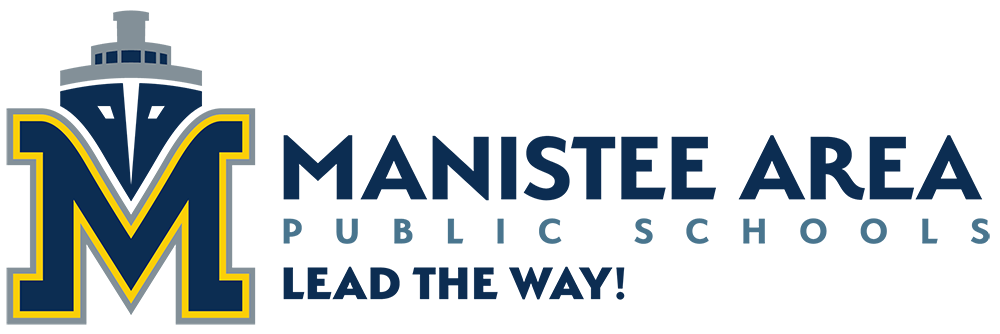
SIXTH GRADE CURRICULUM
Click on a link below to learn about the curriculum for our 6th grade students.
ESSENTIAL STANDARDS
ELA
I CAN…
- present claims and findings in a logical sequence
- decide what details to emphasize to support my claim or theme
- present using appropriate eye contact, adequate volume, and clear pronunciation
- introduce a claim and support logically
- include examples into complete sentences to build on my ideas
- give examples that connect to my topic
- recognize how an author structures his/her information
- text features to help me understand the text
- quote or paraphrase information
- avoid plagiarism
- identify evidence from a text
- identify and understand inferences
- identify a theme and support it with information from the text
- summarize information
- understand the way words are used in a text
- understand the meanings and feelings that words bring to an idea and to the audience
- use pronouns to clarify who or what I am referring to
- use the correct numbers and shifts in my pronouns
SCIENCE
I CAN…
- conduct an investigation, gather data, and provide evidence to support the idea that living things are made of cells
- use argument, supported by evidence, for how the body is a system of interacting subsystems composed of groups of cells
- form an explanation that predicts patterns of interactions among organisms across multiple ecosystems
- form an explanation for how the geologic time scale is used to organize Earth’s history
- form an explanation for how the planet’s systems have changed the Earth’s surface
- plan an investigation that provides evidence that the change in an object’s motion depends on the sum of the forces on and mass of the object
- support the claim that gravitational interactions are attractive & depend on the masses of interacting objects
- provide evidence that fields exist between objects exerting forces on each other even though the objects are not in contact
SOCIAL STUDIES
I CAN…
- use geographic tools (maps, globes, and web-based geography technology) to analyze the world and parts of the world
- describe the human characteristics of the regions we are learning about, including languages, religions, economic system, governmental system, cultural traditions
- compare and contrast different forms of government
- explain how supply and demand of a product affects the decisions individuals and governments make
BAND
I CAN...
- play several songs by myself
- several songs with the band
- learn to play a song by myself
MATH & Advanced Math
I CAN…
- evaluate algebraic expressions using the order of operations, including exponents
- solve real-world problems by writing and solving equations
- find the area of triangles, quadrilaterals, and other polygons by composing into rectangles or decomposing into triangles and other shapes
- model and compute quotients of fractions
- solve word problems involving division of fractions by fractions
- solve unit rate problems including those involving unit pricing and constant speed
- write a percent as a rate per one-hundred and find percent of a given number
- calculate and explain measures of center (median and mean)
- apply the formula for volume and find the volume of right rectangular prisms with and without fractional edge
- identify the absolute value of a rational number
SEL
I CAN...
- identify and manage their emotions and behavior constructively
- demonstrate consideration for others and a desire to contribute positively
- develop and maintain positive relationships
Physical Education
I CAN....
- catch a ball in a small sided game
- throw a ball during a small sided game
- dribble a soccer ball
- strike a volleyball
- perform multiple swim strokes for short distances
ART
I CAN...
- understand the varying qualities of materials, techniques, media technology, and processes at a developing level
- develop the concept of proper use of materials and using tools safely and responsibly
- develop a successful visual vocabulary
- develop reflective thinking skills by observing, analyzing, and critically evaluating works of art for the purpose of improving technical quality
- identify, design, and solve creative problems at a developing level
- collaborate, communicate, and work with others to create new ideas at a developing level
- demonstrate reflective thinking practices at a developing level
- make knowledgeable choices about materials, techniques, media technology, organizational principles, and processes to articulate ideas and communicate intended meaning at a developing level
- observe, describe, and analyze visual characteristics at a developing level
- develop the ability to describe how the artist’s choice of materials, techniques, media technology, and processes influence the viewer
- develop and defend informed aesthetic opinions about works of art using artistic vocabulary at a developing level
- explore social and global issues through the application of the creative process
ACADEMIC RESOURCES & STANDARDS
Curriculum Resources
| Content Area | Grade(s) | Resource | Used Since… |
| Math | 6-12 | CPM | 2019-2020 |
| Science | 6-8 | Cereal City | 2019-2020 (rolling out 1 kit/year) |
| ALL (Embedded conversation and SEL) | 6-12 | Reading Apprenticeship Caring School Community | 2016-2017 2022-2023 |
MDE Academic Standards
ALL GRADE STANDARDS
ACADEMIC RESOURCE LINKS
Have Questions
Location: 550 Maple St., Manistee, MI 49660
Curriculum Director: Amber Kowatch
Telephone: (231) 723-3521
Email: akowatch@manistee.org
